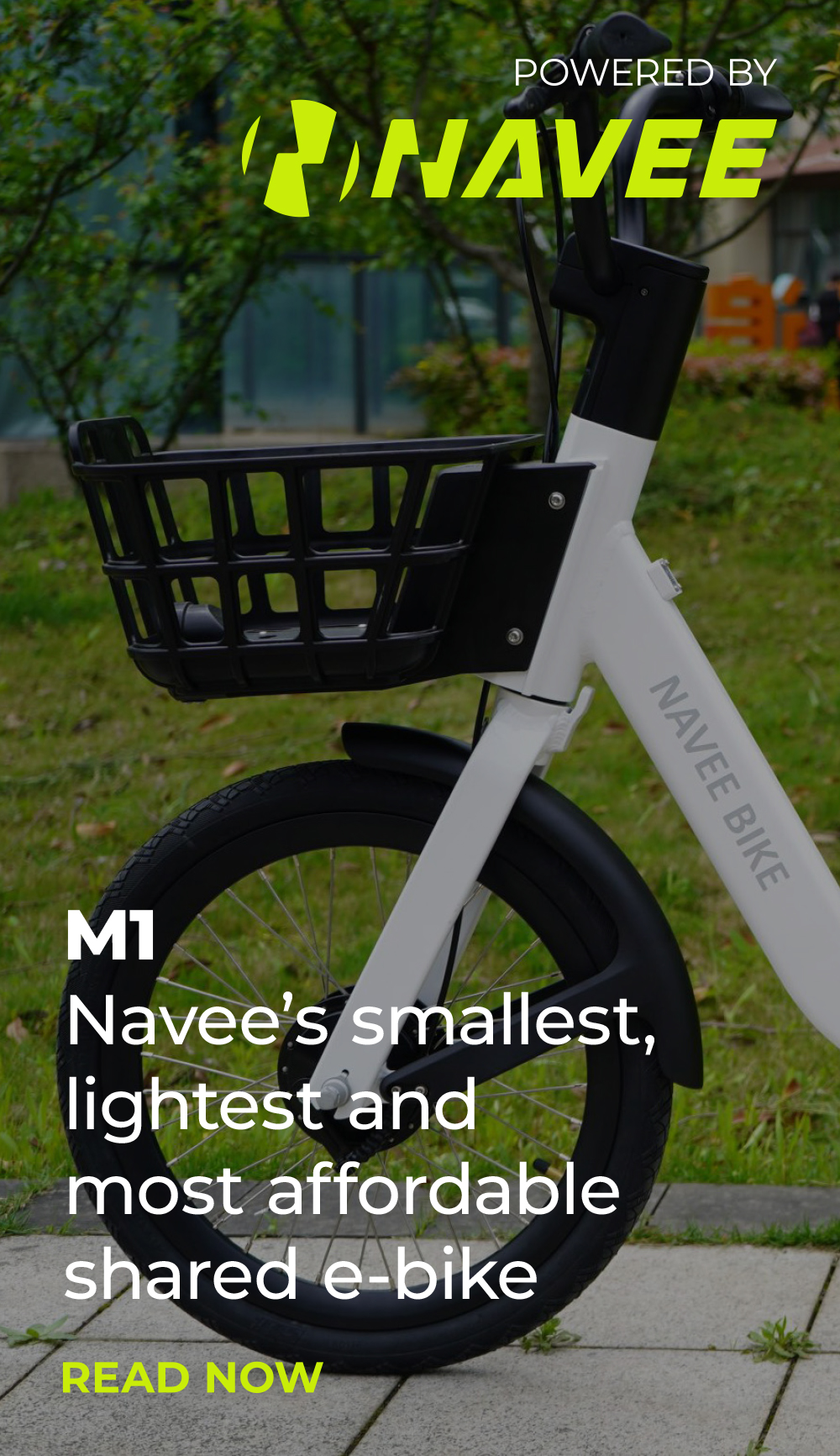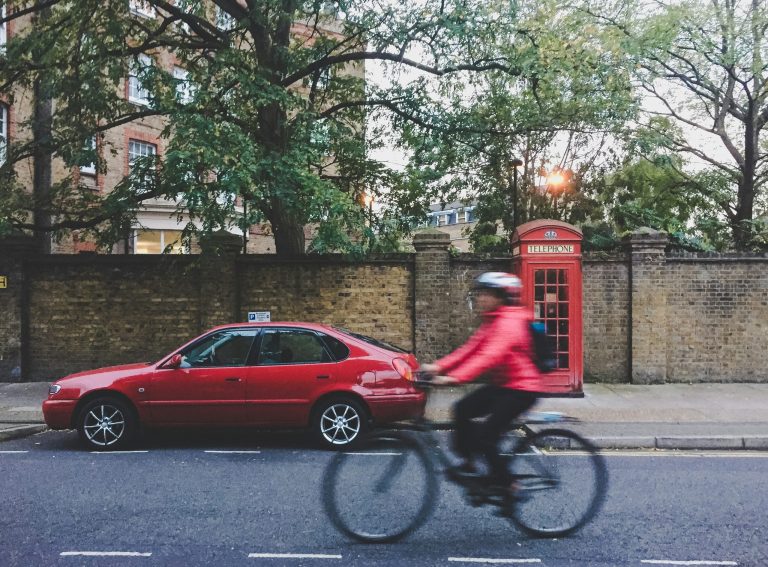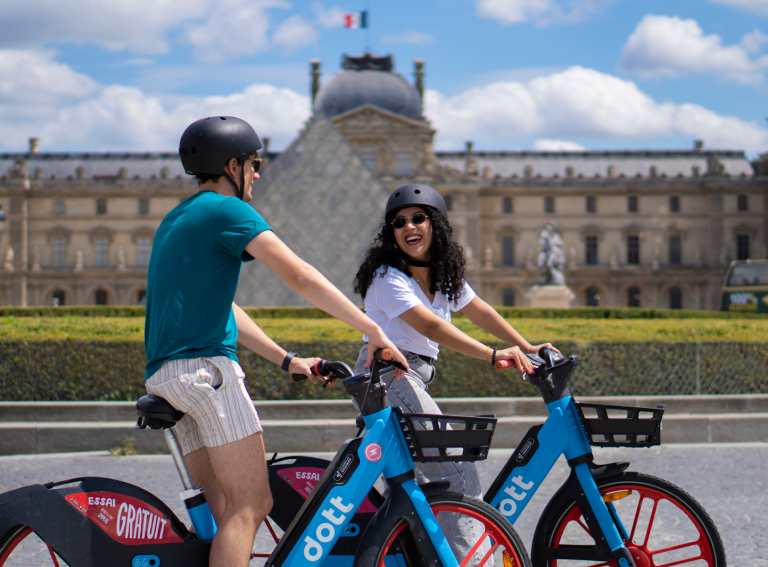There are 45,000 shared e-scooters available in Sweden, giving it the highest density of scooters per person of any country in Europe.
Overall, Sweden has the second largest number of rental micromobility devices in Europe, behind Germany and in front of Italy, while it leads Nordic neighbours Norway and Finland in terms of shared e-scooters per capita.
Homegrown Voi, and Germany’s TIER, are the biggest operators on the continent and are neck-and-neck in Sweden too, with around 15,000 scooters each.
In the second tier, Bird, Bolt and Lime all have around 4,000 scooters in the country, while LINK has 2000. Completing the picture, local operator Easy has around 50 in Karlstad, and Germany’s Zeus has recently launched their first overseas fleet in Sweden, with 100 scooters in Halmstad.
Sweden’s biggest cities, Stockholm, Gothenburg and Malmö have at least four operators competing for custom, but some smaller places such as Uppsala, Vasteras and Helsingbord, have both Voi and TIER providing some competition.
Stockholm has over 20,000 scooters available, making it one of Europe’s largest cities for the transportation option (particularly since Oslo’s recent clampdown), while Gothenburg has 10,000. Voi’s 6000+ strong fleet there makes it the country’s number one city deployment.
Voi is headquartered in Stockholm and so it is appropriate that it has such a large fleet there – only in Berlin does it have more scooters. The company is just three years old and has been very successful in bids for the the UK shared e-scooter trials, it also is particularly strong in Germany, Denmark and Finland and very recently launched in Belgium.
Shared e-bike schemes have been slower to catch on in Sweden than in many other European countries, and has largely been eclipsed by e-scooter services. There are 20 times as many shared e-scooters as shared e-bikes, currently.
The main bikesharing fleets – Nextbike’s Styr & Ställ in Gothenburg, JCDecaux’s Lundahoj in Lund and Stockholm’s now closed City Bike – do not have electric assist. EU-Bike, in Stockholm and Uppsala, is also manual.
Styr & Ställ is reasonably popular, but Lund’s bikes are virtually unused compared with the e-scooters there. Stockholm’s City Hall recently signed an agreement for a new bikesharing fleet to come to the Swedish capital next year, with up to 5,000 e-bikes. If this does launch as planned, it will be one of Europe’s largest such fleets.
For now, e-scooters are the dominant form of shared micromobility in Sweden. As always in Scandinavia, the winter season always proves a stern test for vehicles, but it is likely that in spring 2022, the range of options allowing Swedes to move around will only continue to expand.






